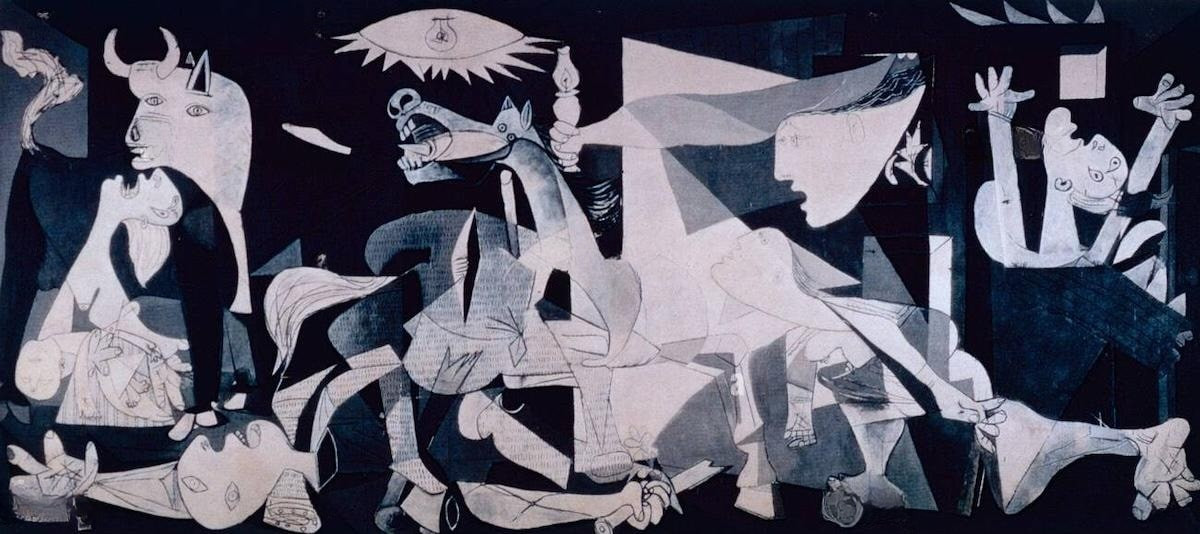
By Sharon Pasion Vinluan
In 1937, the Basque town of Guernica was reduced to rubble in a bombing that shocked the world. Picasso’s haunting mural transformed that atrocity into a permanent cry against fascism. Nearly a century later, the echoes of Guernica can still be heard in Mariupol, in Sittwe, and in Gaza City.
The Spanish Civil War (1936–1939) was more than a domestic conflict. It was the rehearsal for modern warfare and propaganda, a confrontation between democracy and dictatorship, truth and terror. Half a million people died as the world watched and debated, but chose not to act. The lesson was clear: when the world remains silent, injustice learns to survive.
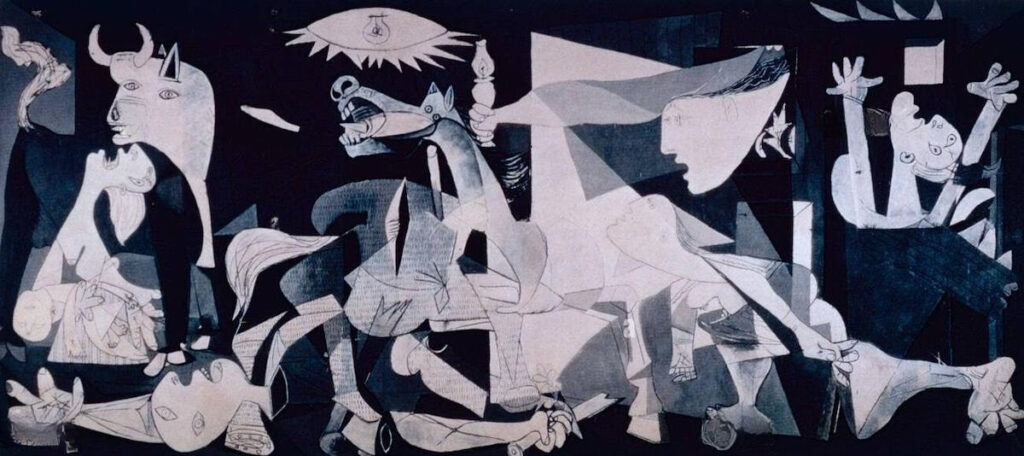
Spain’s warning to the 21st century
In the 1930s, Spain was a fragile democracy attempting to modernise after centuries of monarchy and clerical rule. Land reforms, women’s rights, and secular education promised a new dawn, yet these same reforms divided the nation between reformists and reactionaries, faith and reason, the city and the countryside.
The Republic collapsed not only because of ideology but because of polarisation, when political rivals ceased to view each other as citizens and began to see enemies instead. Weak institutions, divided elites, and the competing interests of foreign powers turned Spain into a tinderbox waiting for a spark.
That spark came in July 1936 with a military uprising led by Francisco Franco. Germany and Italy supported him; the Soviet Union armed the Republic; the Western democracies adopted “non-intervention.” By 1939, the Republic was crushed, and Franco’s dictatorship would endure for decades.
Polarisation as the new frontline
The fall of the Spanish Republic is not merely a historical episode. It mirrors the conditions of the present. The same four forces—ideological division, institutional fragility, elite fragmentation, and foreign interference—are visible once more.
In Ukraine, domestic divisions have been magnified by Russian aggression. In Myanmar, a fractured elite and an ambitious military have repeated the Republic’s fatal coup. In Gaza, polarisation and external intervention have trapped millions in an unending cycle of destruction. These crises are not isolated; they reveal a global failure of diplomacy and a deepening erosion of trust.
The war for truth
The Spanish Civil War was fought with guns and with words. Propaganda became a weapon as radio waves and posters carried competing visions of civilisation. The truth was among the earliest casualties.
Today, the battle has shifted to the digital sphere. Disinformation spreads faster than any artillery, dividing citizens and weakening institutions. Deepfakes blur the distinction between fact and fiction, while outrage replaces reason. The danger is not history repeating itself but history evolving with more sophisticated tools.
Why non-intervention is not neutral
During Spain’s war, Western democracies hid behind the rhetoric of neutrality while bombs fell on civilians. That inaction did not protect peace; it legitimised tyranny. Eighty years later, the same moral hesitation appears under different names such as “strategic ambiguity” or “national interest.” Yet justice cannot be selective, and peace cannot rest on indifference.
When democracies fail to defend the principles they claim to uphold, authoritarian regimes fill the vacuum. Spain was a warning that Europe ignored. The question today is whether the world will ignore it again.
The human cost of forgetting
Franco’s dictatorship lasted until 1975, its memory concealed under a “pact of forgetting.” This political amnesia was intended to move the nation forward without confronting its past. Yet societies that bury their traumas often see them return as resentment and revisionism.
Across the world, memory wars have replaced open battlefields. Statues, school curricula, and even social media have become arenas of ideological struggle. Spain’s experience shows that justice delayed becomes justice deformed. Truth and reconciliation are not privileges of peace; they are its foundation.
Defend truth as you would peace
The Spanish Civil War reminds us that democracy is rarely destroyed in a single blow. It erodes slowly, when truth is dismissed as opinion, when empathy yields to anger, and when facts are traded for convenience. These same patterns are evident today, accelerated by technology and indifference.
To defend democracy now is to defend truth itself. It requires educating citizens to verify rather than merely consume information, demanding accountability from leaders and digital platforms, and rejecting the comfort of silence. The preservation of peace depends on the integrity of words.
The defence of democracy begins not on the battlefield but in classrooms, newsrooms, and the daily choices of citizens who refuse to look away.
Because when democracies die, they do not die quietly. They die in the sound of sirens we chose not to hear.

The author is a Language Lecturer at the Faculty of Language and Linguistics, Universiti Malaya





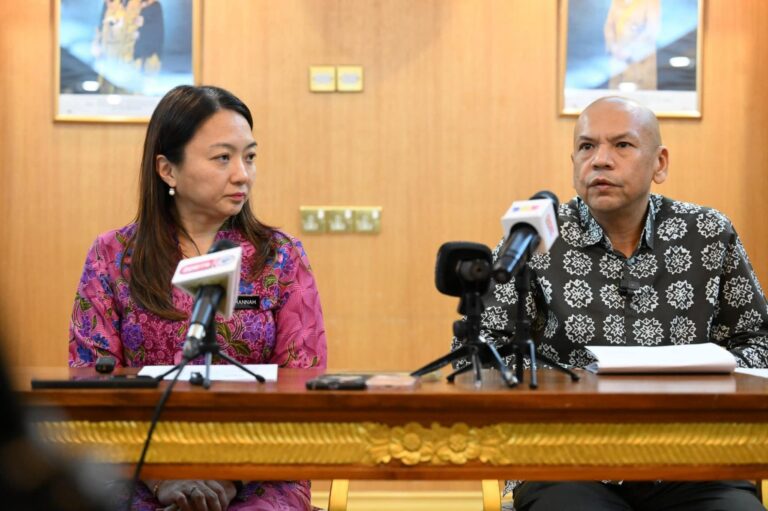

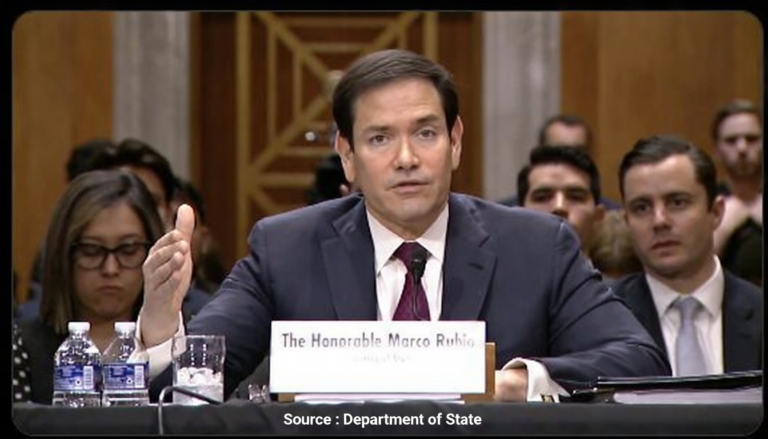
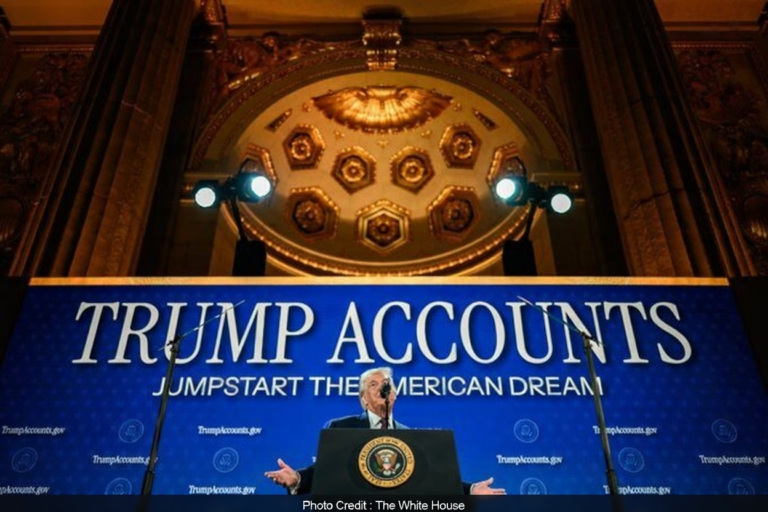
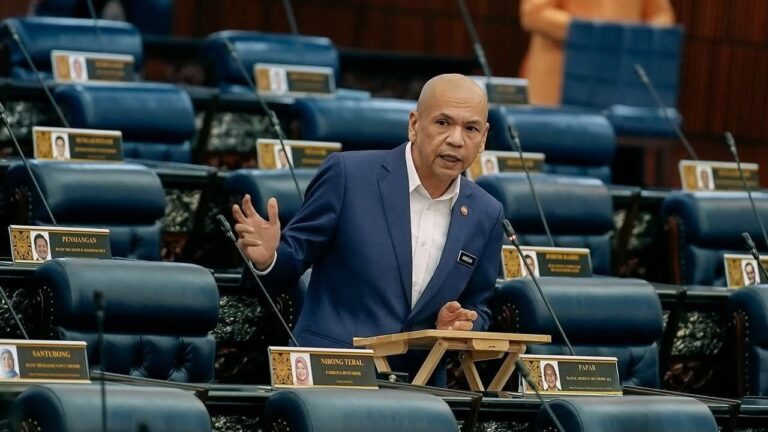

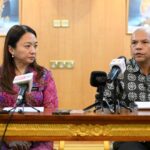




The author has written so well. It’s not just about telling the story of Spain, but also asking each of us a question: In today’s “Guernica Echo”, do we choose to be silent onlookers or the citizens who “refuse to ignore” and take action as a result? In today’s world where false information and political indifference are increasingly rampant, such voices are particularly precious and necessary.